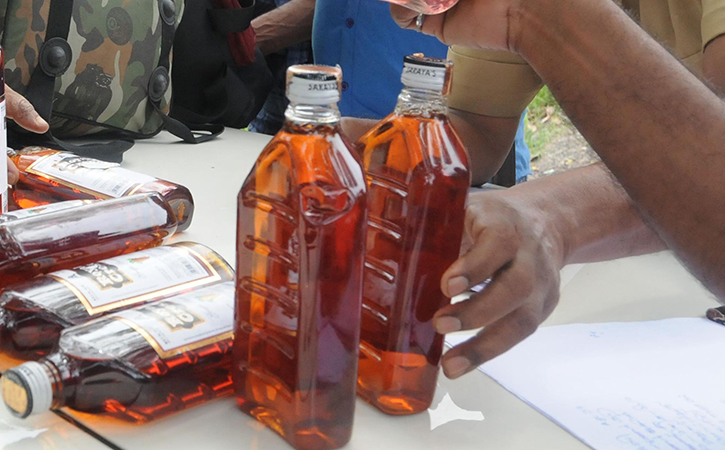Authorities have raised alarm about the illegal sale of alcohol and have issued a stern warning to those engaging in this illicit activity.
Recognising the significant risks posed to public health and safety, stringent measures and penalties will be enforced to crack down on illegal alcohol sellers.
However a fine of Shs 40 m or three year jail term has been proposed for anyone found selling alcoholic drinks to minors below 18 years.
Meanwhile under the proposed law selling alcohol before 5:00pm is punishable with a ten year jail term while unlicensed vendors will pay 10M or face the same jail term upon conviction.
Law enforcement agencies and regulatory bodies are deeply concerned about the detrimental effects of illegal alcohol sales on society. Illicitly produced or untaxed alcohol can pose serious health risks due to unregulated production methods and lack of quality control.
Moreover, unauthorized alcohol sellers often evade crucial safety standards and fail to meet hygiene requirements, putting consumers at risk of consuming harmful substances or contaminated products.
Acknowledging the severity of the situation, authorities have made it clear that strict penalties will be inflicted upon individuals caught selling alcohol without proper authorization or necessary licenses.
These penalties are aimed at deterring illegal alcohol sales and protecting the general public from the dangers associated with such activities.
The crackdown on illegal alcohol sellers is rooted in safeguarding public health and maintaining the integrity of the alcohol industry. It is crucial for businesses operating in the alcohol sector to comply with regulations and obtain the required licenses to ensure the safety and well-being of consumers.
Licensing requirements are designed to uphold quality standards, monitor production processes, and safeguard public health by ensuring that all alcohol products on the market meet necessary safety protocols.
Authorities are actively working to enhance cooperation between law enforcement agencies, regulatory bodies, and other relevant stakeholders to effectively curb the sale of illegal alcohol. This includes intensifying surveillance, conducting targeted operations, and raising awareness among the public on the risks associated with consuming illicit alcohol.
Additionally, the provision of support and resources to legal alcohol vendors is being prioritized to create a level playing field and encourage compliance with regulations.


